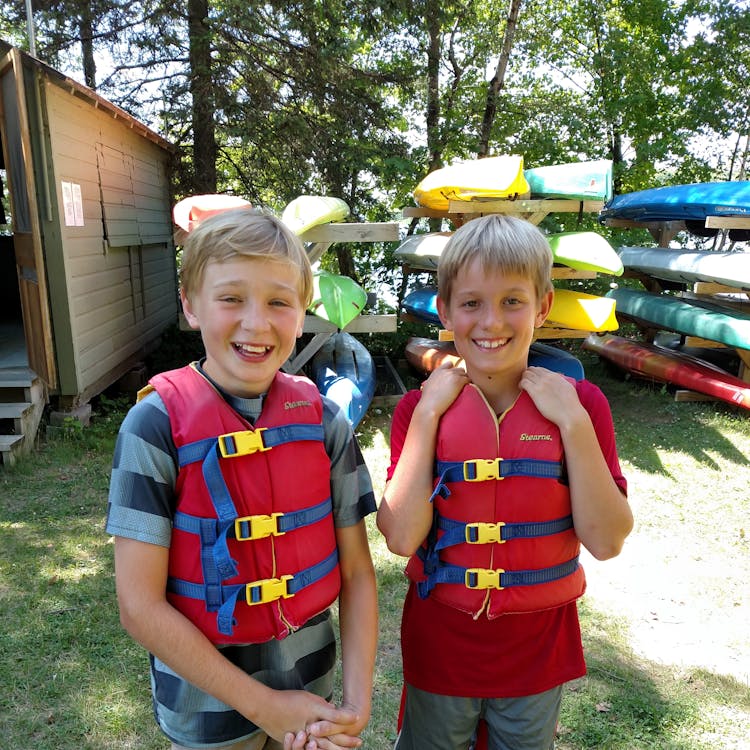Camp Friends Are Like No Other

I recently posted a picture of a group of campers from the 1980’s on Facebook and within minutes those featured commented and tagged their fellow campers and even started to plan a long overdue reunion. What is it about Camp relationships that produce this kind of friendship, loyalty and connection? A lot of time and attention has been devoted to studying this, though those that have had a meaningful camp experience know the answer: presence, time, authenticity and reflection. That’s a mouthful, I know, and they might not explain it exactly that way, but the research has.
In the longest running longitudinal study of human relationships ever conducted (begun in 1938 with 724 participants and over 1,300 descendents) the Harvard University Study on Happiness unlocks a lot of the mystery. Happiness is more likely to be achieved, not by professional or financial success, or becoming an “influencer”, but by making and maintaining good relationships. The job of a good summer camp is many fold, but among the most important is helping kids build, and teaching them how to build, just these types of relationships.

The phrase, “finding your best self” has become an all-too overused cliche. We were counseled by a marketing consultant to abandon it in any of our messaging, presumably for that reason. We would comply, but the fact is it keeps coming back and in the words of the kids themselves. Campmates see one another at their best, and sometimes their worst. They share challenges, adventures and often laugh so hard together that whatever they happen to be drinking at the time finds a way out of their noses. All key factors in building good friendships.
But the study points out another key element to building lifelong relationships: reflection. The quantity of our interactions is not nearly as important as it is to think back about them. Humans need time and space to organize their thoughts and feelings. Cramming as many touch points into our lives as possible does little to add depth. A well run camp provides that time and space and that is why we protect what we call structured down time at Camp Mishawaka. The daily schedule is full, but it also includes time for free play, reading, rest and, yes, reflection.
In recent years this pause has become even harder to find. We, and our children, move from site to site, zoom to zoom and are bombarded with a never ending soundtrack of news, podcasts or feeds. It’s hard enough to find time and energy to forge new relationships, let alone reflect on the ones we value. The study’s author states, “Finding the time for this type of reflection can be hard, and sometimes it’s uncomfortable. But it can yield enormous benefit.”

Each and every minute we are pelted with advertisements that play to our fear; fear of missing out, fear of not doing or being enough, or fear that if we don’t achieve, we might be happy. The authors go on to say, “We neglect our connections with others at our peril. Investing in our social fitness is possible each day, each week of our lives. Even small investments today in our relationships with others can create long-term ripples of well-being.”
I don’t know, maybe we will stick with that phrase, “finding your best self” as a primary benefit of a Mishwaka experience. It sure beats the alternative!